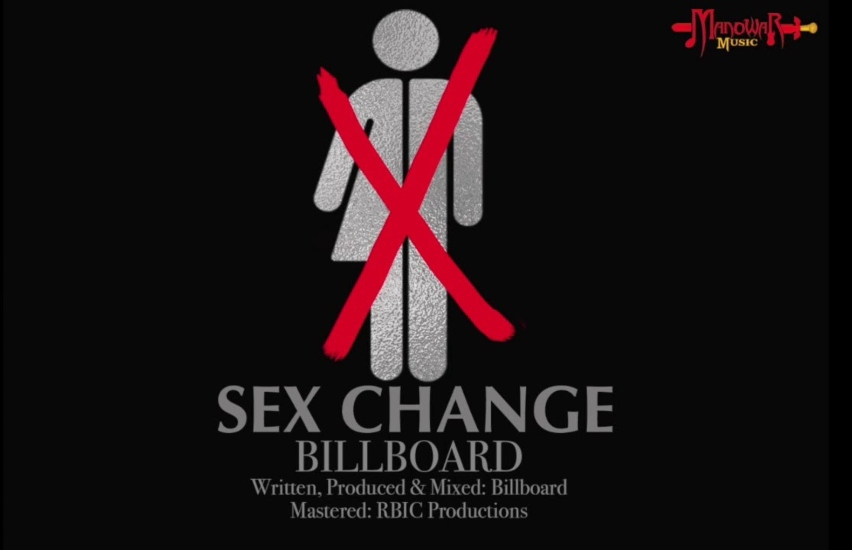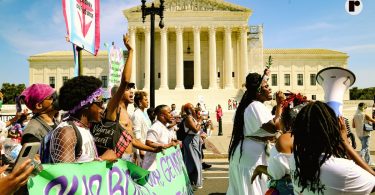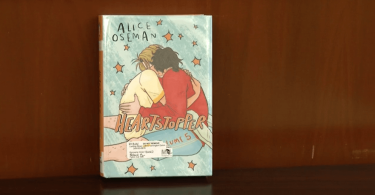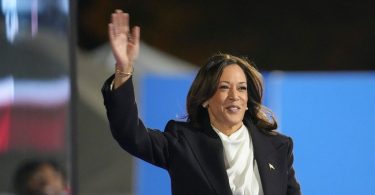The cover art for the transphobic song, Sex Change. | Photo: Facebook
A song released by a popular Calypso artist in Barbados has drawn the ire of LGBTI groups for its transphobic lyrics.
Artist, Billboard, released their song ‘Sex Change’ this summer. The song denies the existence of trans people, while Billboard sings ‘you can’t change your sex’.
To make matters worse the event’s Emcee, dragged a local lesbian into an ugly debate over the song when she criticized Billboard after he performed the song at a local event.
Simply known as Shelly, the woman called out Billboard’s transphobia. Then when the Emcee of the event, Yolanda Holder, heard Shelly she shouted lesbophobic slurs at her.
‘Is there a doctor in the house? We need some “trydickagain” medication for this lesbian,’ Yolanda said to the crowd.
Undeterred, Shelly bravely took to the stage to stand up for the LGBTI community. But the incident left her shaken and ‘violated’.
Holder eventually apologized to Shelly.
Sex Change
But Billboard’s song and Holder’s comments show that Barbados has a long way to go on LGBTI rights.
Prominent activist, Ro-Ann Mohammed, released a statement on behalf of a coalition of LGBTI groups.
‘The problematic song makes a quite deliberate effort to denigrate the existence of LGBT people, in particular transgender people,’ she said.
‘It is shameful, unwarranted, irresponsible and extremely dangerous to promote blatantly discriminatory messages which contribute to the very real violence towards a vulnerable community within our society.’
Despite celebrating a very successful Pride event a few days after Billboard’s performance, LGBTI people are still marginalized in Barbados. The Caribbean nation has some of the harshest laws in the world when it comes to criminalizing gay sex.
Trans people are also the victims of extreme violence in Barbados. Earlier this year a trans woman was attacked with a meat cleaver and police were slow to respond. Also this year, a group of people pelted a trans woman with stones at a local festival.
‘This entire scenario brings light to the rampant and unwarranted hostility, intolerance and atmosphere of discrimination against gender and sexual minorities,’ Mohammed said.
‘LGBT people are expected to have their identities criticised, mocked, scrutinised and left to be public objects of speculation without expressing the hurt and frustration that comes with internalising such hate.
‘The community, already vulnerable is expected to take dehumanisation, humiliation and outright hatred, in stride; at the risk of further persecution if they dare to respond. This is typical gaslighting at its finest.’
[embedded content]







